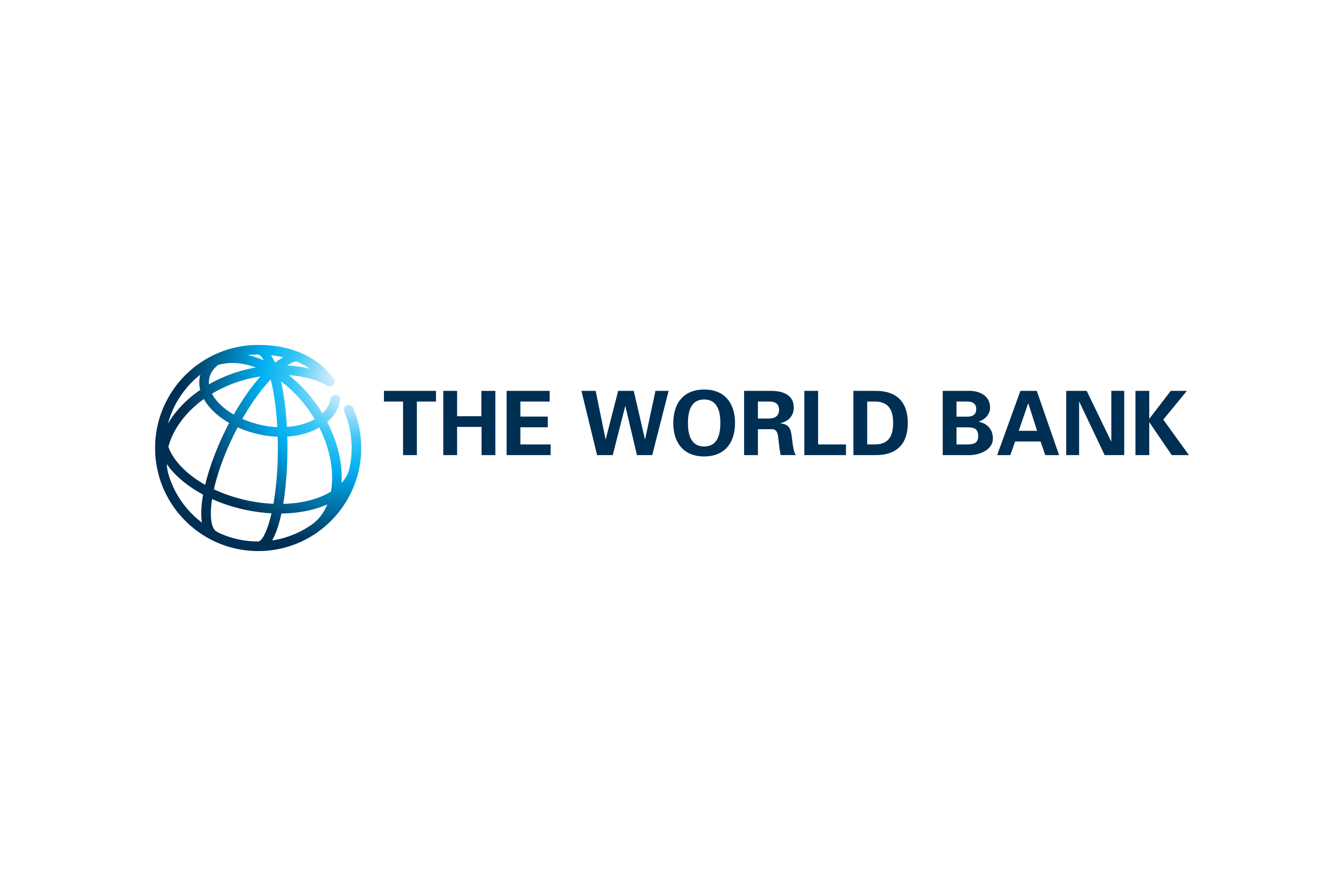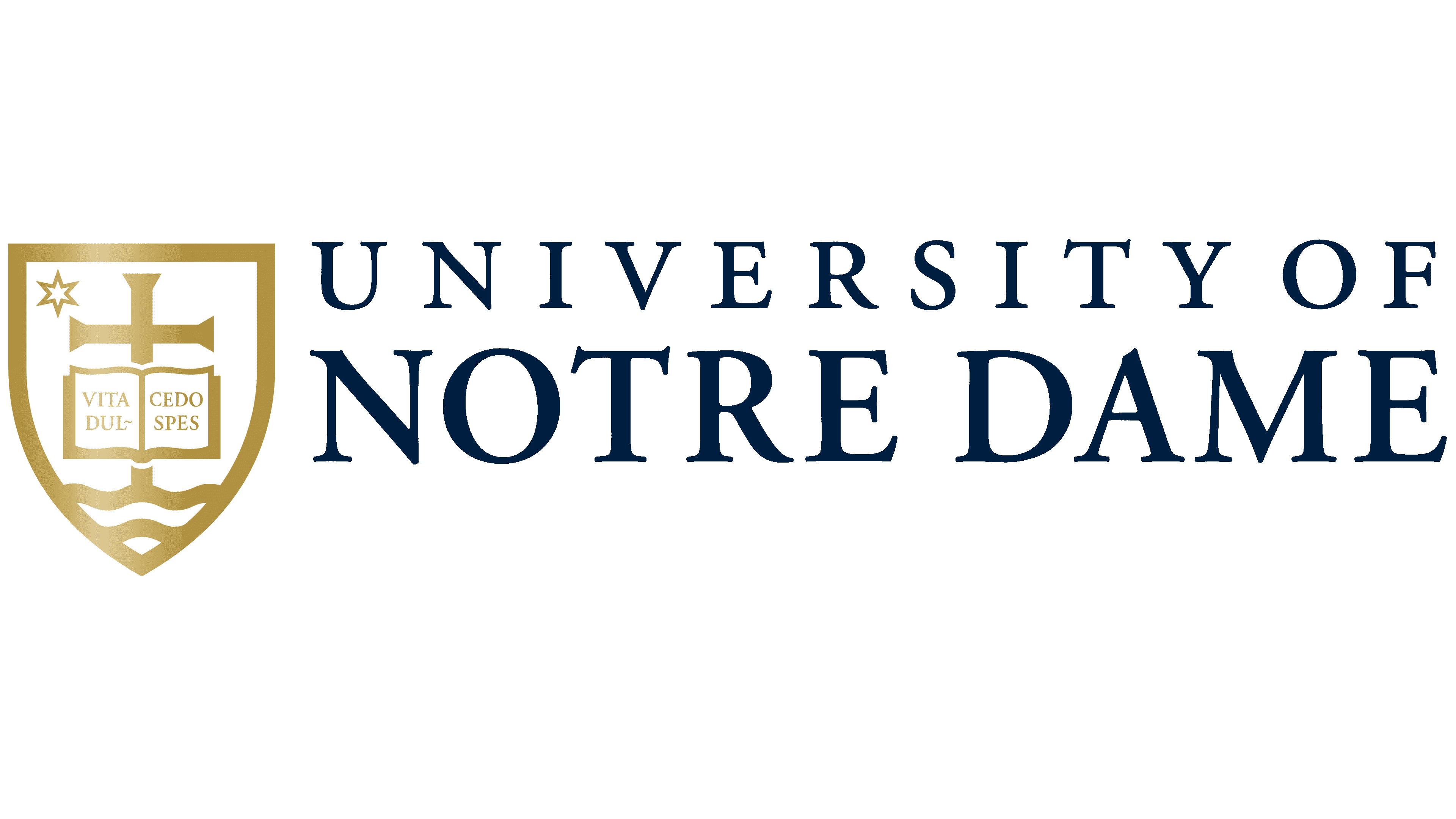WIP3.
Digital Access to Justice: Evidence from Women's Virtual Police Stations in Pakistan
This paper studies a large-scale digital reform in Pakistan that changes the entry point to justice: Women's Virtual Police Stations (WVPS), which allow women to report GBV remotely through a centralized phone-based intake system and digital case management, reducing the need for in-person visits and potentially limiting local discretion at first contact. We combine high-frequency administrative data on police calls and complaints with downstream records on case registration and escalation to examine how digital access reshapes reporting and early-stage justice delivery. Using a difference-in-differences and event-study design around the reform's rollout, we document three core findings. First, the WVPS increases reported GBV incidents, with effects concentrated in categories where stigma and household control are plausibly most binding. Second, the reform changes the composition and pathway of reporting: remote reporting rises while walk-in reporting falls, implying substantial substitution in how women engage the police rather than purely mechanical increases in contact. Third, the digital intake produces measurable downstream movement along the justice pipeline, increasing formal registration and follow-up actions with a delay, consistent with capacity constraints and case processing frictions. The effects are larger in places where women's mobility and social constraints are more severe, indicating that digital access can relax binding constraints on initiating legal claims. The results show that digitizing the first interface between women and the state can expand access to justice in resource-constrained settings, while also shifting where in the pipeline constraints bind.






 University of Notre Dame
University of Notre Dame
 Stanford University
Stanford University
 New York University
New York University